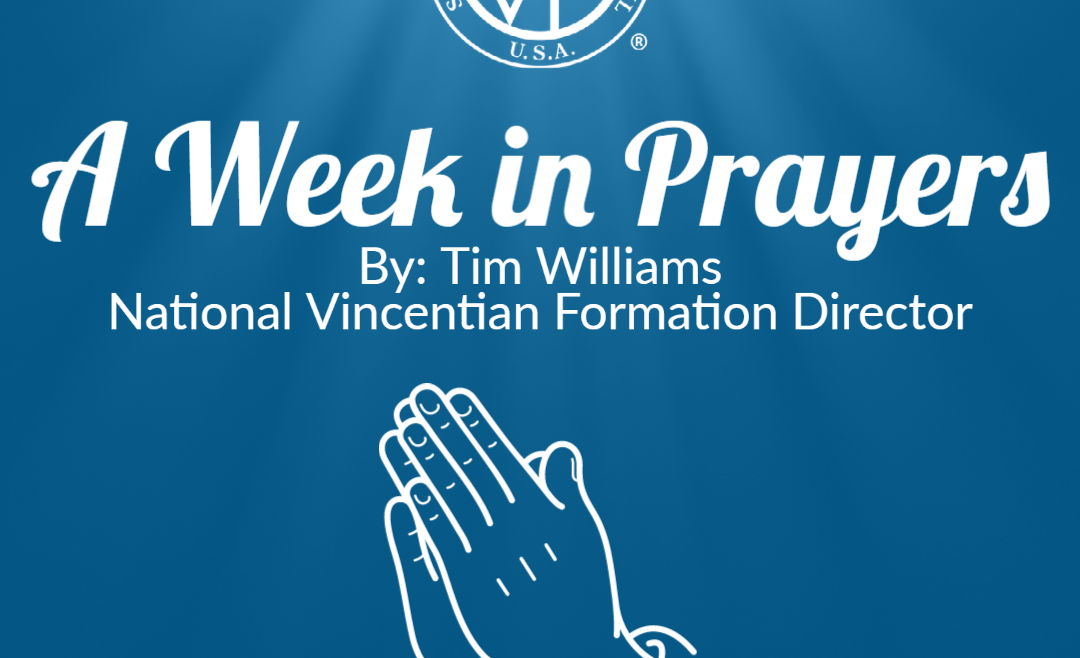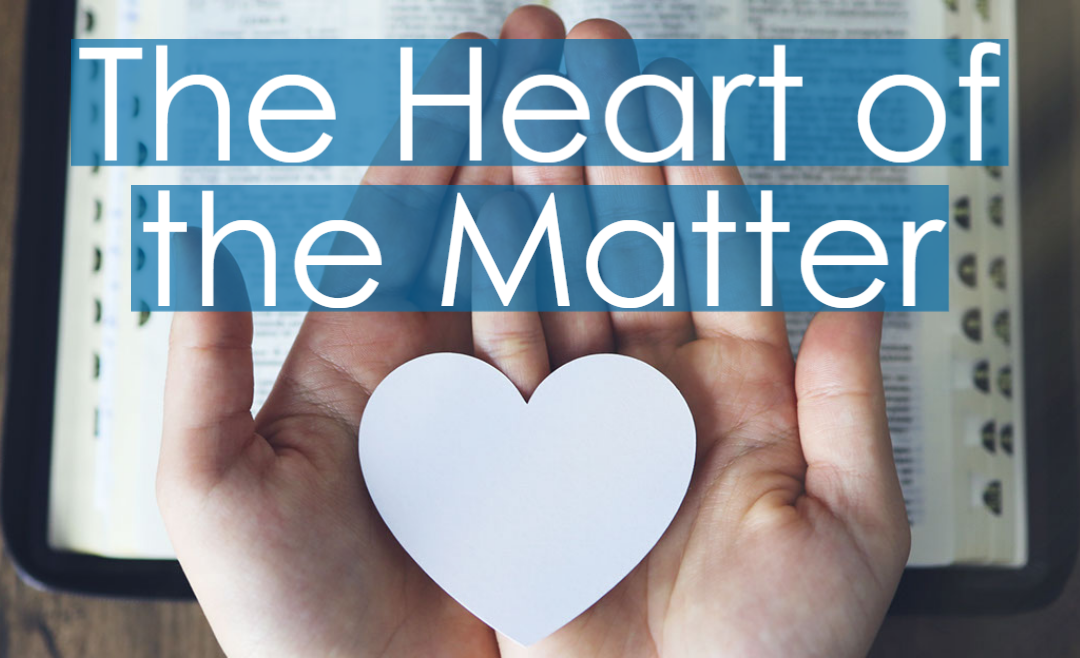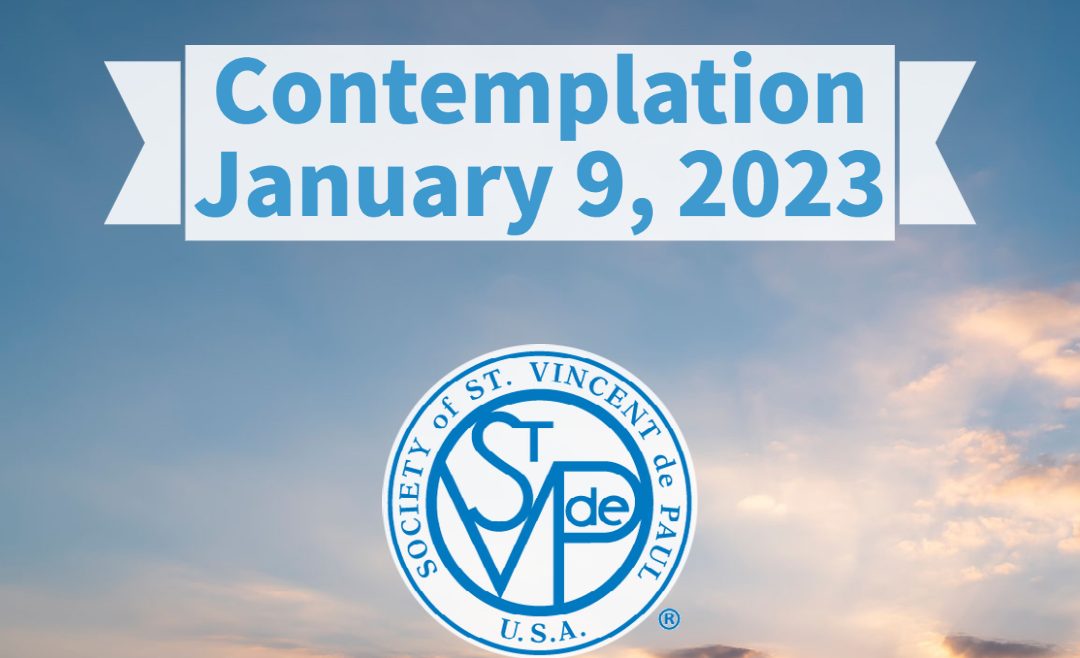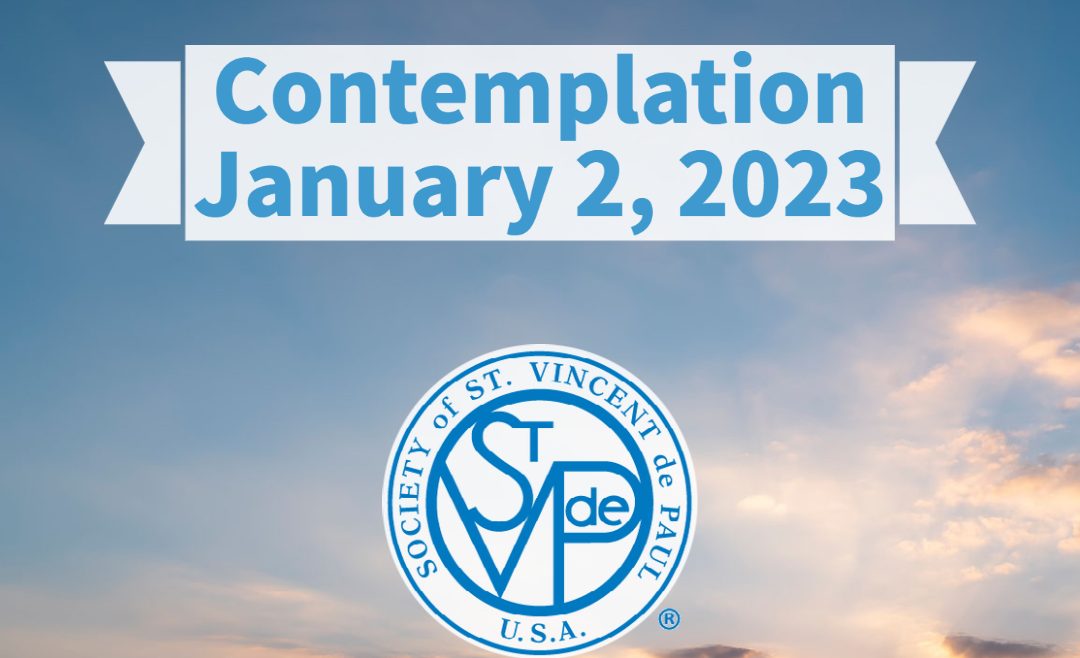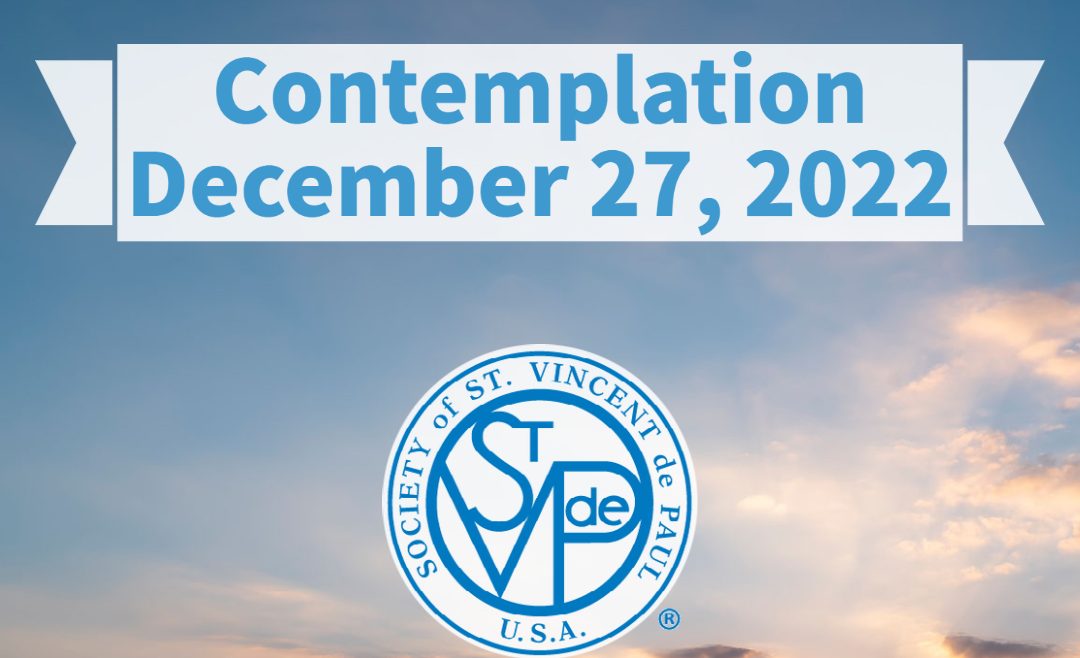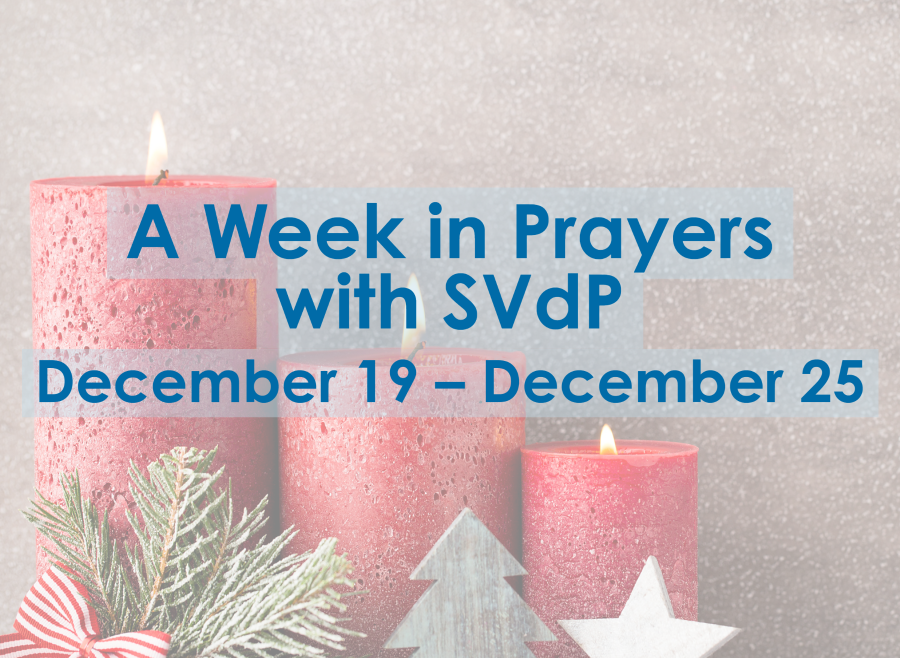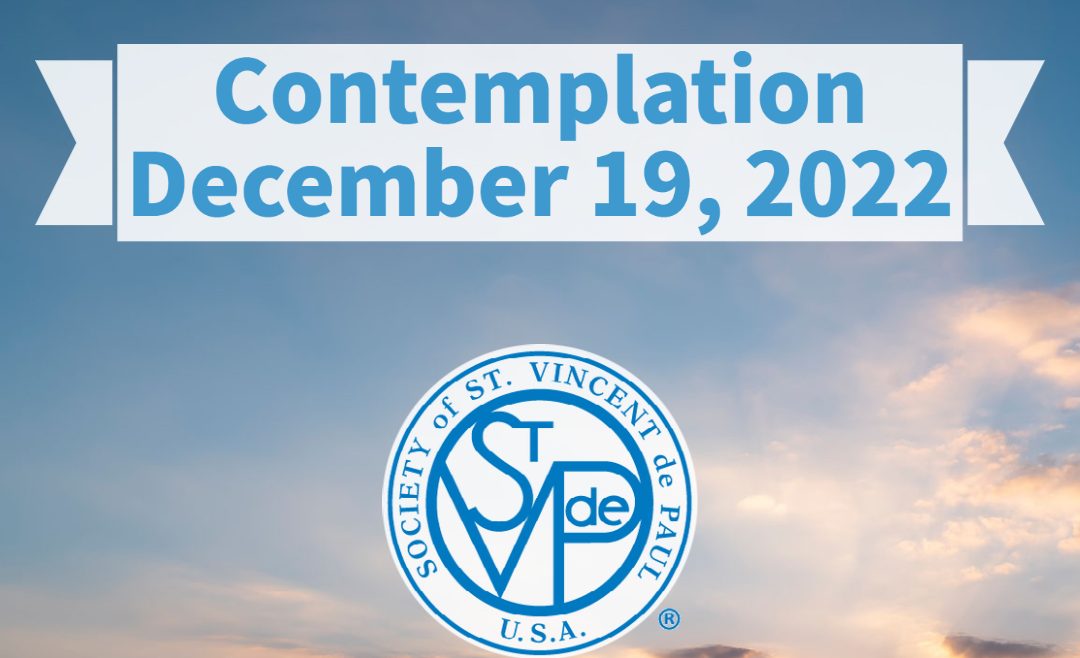Monday, January 16
My Lord and my God
My light and my hope
My rest and my strength
I give You my heart
I give You my life
I give You this day
Amen
Tuesday, January 17
Lord Jesus, strength of my arms,
I will share the neighbor’s burden
In Your name and for Your sake,
With no motive but God’s love,
With my gifts from You alone,
Filled with hope that I can share.
Amen
Wednesday, January 18
Lord, I lift my heart to you.
Who I am today is for You,
What I do today is for You,
When my day begins it’s for You,
Where I go today is for You,
Why I live today is for You.
Amen
Thursday, January 19
Lord, I bring my needs to you.
Protect me from harm,
Bless my efforts and my work,
Help me to be better,
In big things and small things,
For nothing is too small
For Your blessing
Or my prayer.
Amen
Friday, January 20
Lord, in serving the neighbor
I seek to serve You
With faith that reflects
Your abiding faithfulness,
In hope that is shared
With all who are hopeless,
For love of the neighbor,
In Your love alone.
Amen

